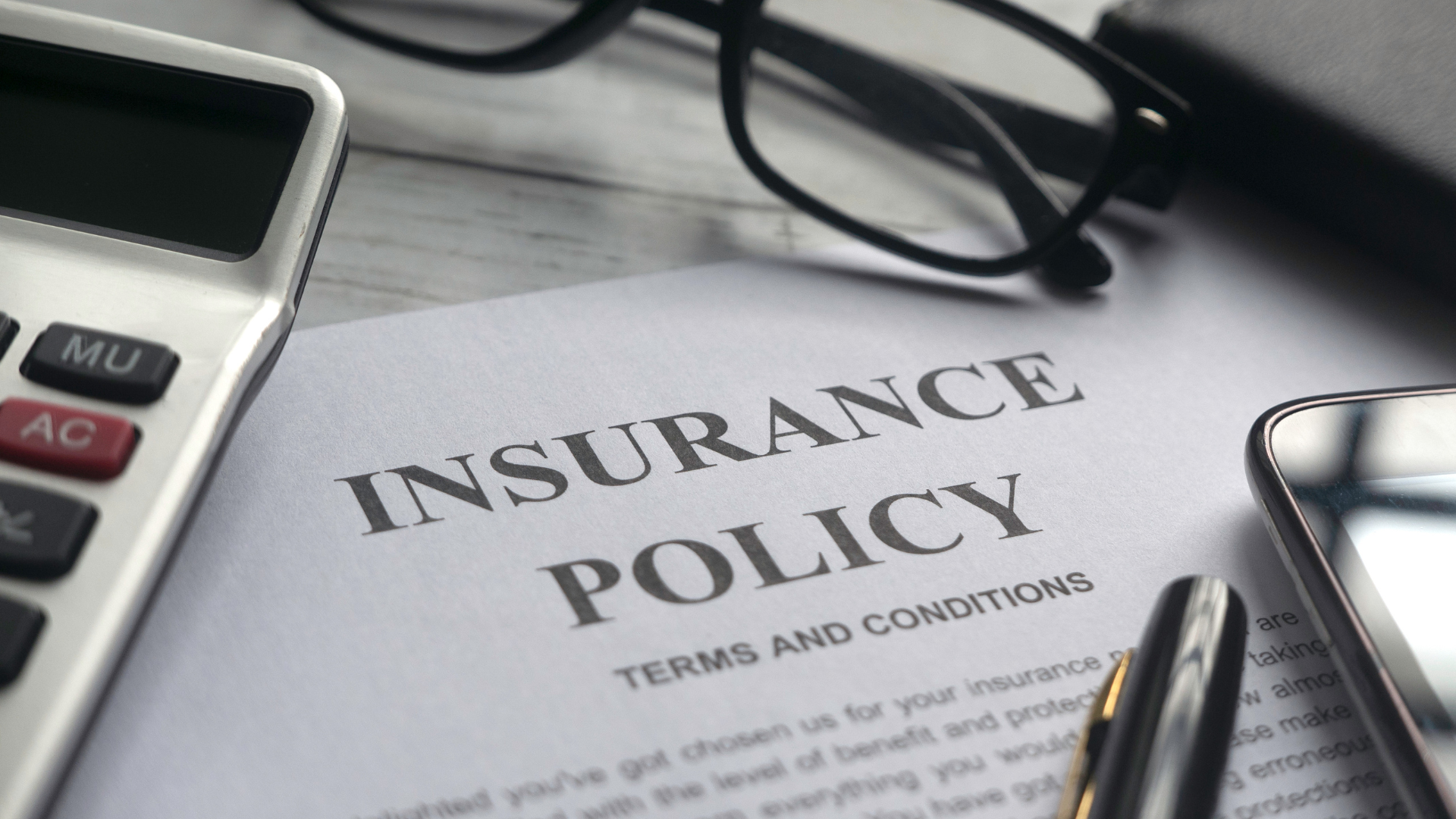Navigating the world of small business insurance in New Jersey can be a daunting task. With so many options, it’s crucial to understand the basics and how they apply to your business.
But don’t worry, we’ll break down the complexities of insurance jargon and translate it into simple, actionable advice.
New Jersey Small Business Insurance
Exploring the labyrinth of New Jersey small business insurance in New Jersey can be a daunting task. As the myriad insurance options unfold, it’s essential to ascertain the types of policies available, and their relevancy to your business.
Evaluating Your Small Business Insurance Needs
 Understanding one’s specific business insurance requirements is crucial. Such understanding enables business owners in New Jersey to mitigate unseen risks, safeguard their assets, and secure their business future.
Understanding one’s specific business insurance requirements is crucial. Such understanding enables business owners in New Jersey to mitigate unseen risks, safeguard their assets, and secure their business future.
Determining the apt coverage limits and deductibles in New Jersey small business insurance is another critical step in personalizing insurance. Higher limits on policies translate to higher potential payouts in an event of a claim. However, such insurance policies generally come with higher premiums.
The Costs of Small Business Insurance in New Jersey
Opting for small business insurance in New Jersey does not simply involve choosing a policy; it also entails managing the cost of premiums, which may vary from one insurance provider to another. With a multitude of factors influencing the premium rates, businesses often find it challenging to navigate the insurance landscape, especially when it comes to optimizing their expenses.
Factors Affecting Insurance Premiums
The costs associated with New Jersey small business insurance in New Jersey hinge largely on various factors. For instance, the type and size of the business play significant roles in determining insurance costs. A construction company with high-risk operations, for example, typically gets charged higher premiums than a small retail store.
Tips for Reducing Insurance Costs
 Contrary to popular belief, businesses can take proactive steps to lower insurance costs. Regularly conducting thorough risk assessments and implementing preventive measures goes a long way in decreasing the likelihood of claim incidents, thereby reducing insurance costs.
Contrary to popular belief, businesses can take proactive steps to lower insurance costs. Regularly conducting thorough risk assessments and implementing preventive measures goes a long way in decreasing the likelihood of claim incidents, thereby reducing insurance costs.
Another effective tip relates to increasing insurance deductibles. Though it leads to businesses bearing more costs out-of-pocket if an incident occurs, it also triggers a reduction in monthly premiums.
Businesses may also consider bundling their insurance policies through a Business Owners Policy, often resulting in a discount on premiums.
Reflecting on insurance needs annually ensures businesses aren’t paying for unnecessary coverage. It’s an integral practice for efficient management of small business insurance costs in New Jersey.
Getting the Most Out of Your Insurance Policy
In the pursuit of maximizing the benefits of New Jersey small business insurance in New Jersey, two crucial areas demand focus: reviewing policies regularly and managing claims efficiently. These interventions prove instrumental in protecting the business from financial hardships and adapting the coverage to evolving business landscapes.
Regular Policy Reviews and Updates
 A healthy business conducts regular insurance policy reviews. As the business expands, contracts, or undergoes operational changes, it’s imperative to readjust the insurance coverage. For instance, purchasing of new equipment, a growth in number of employees, or change in business location necessitates updates in property, liability, or worker’s compensation coverage respectively. .
A healthy business conducts regular insurance policy reviews. As the business expands, contracts, or undergoes operational changes, it’s imperative to readjust the insurance coverage. For instance, purchasing of new equipment, a growth in number of employees, or change in business location necessitates updates in property, liability, or worker’s compensation coverage respectively. .
Claim management is the backbone of an effective insurance experience. Efficient claims processing not only ensures quick reimbursement, but also minimizes the downtime and the financial burden on business.
Must Know
New Jersey small business insurance isn’t just a legal requirement—it’s a lifeline that can make or break a company in the face of adversity. It’s about understanding the unique needs of your business and tailoring coverage to meet them. It’s about conducting risk assessments and managing costs effectively to ensure your business stays afloat when disaster strikes. Whether it’s property damage, liability cases, workers’ compensation, or cyber threats, having the right insurance in place is key. Regular policy reviews and efficient claims processing are vital tools to maximize insurance benefits.
